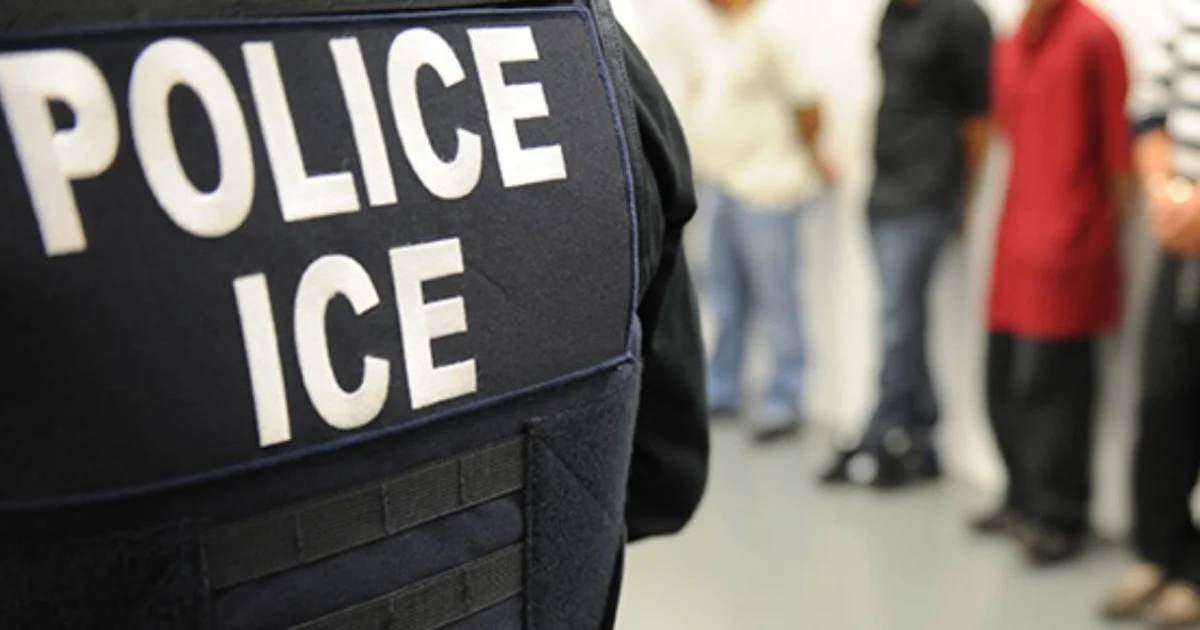A federal judge in Miami has reaffirmed that her suspension order on Florida's new immigration law, SB 4-C, applies universally to all state law enforcement agencies, directly challenging the stance of the state's attorney general who argued otherwise. According to the Associated Press, Judge Kathleen Williams from the Southern District of Florida announced she would issue a preliminary injunction against this state law, which criminalizes undocumented immigrants entering Florida while evading federal immigration authorities.
DeSantis Aligns with Trump’s Anti-Immigrant Agenda
Governor Ron DeSantis signed this law in February 2025, aligning it with Donald Trump's anti-immigration policies, which have faced numerous federal legal challenges. The law targets migrants without regular immigration status who have been "released" by federal authorities or who entered the state without inspection, as reported by NBC Miami.
Legal Battle Over Enforcement
On April 4, Judge Williams had already issued a temporary 14-day restraining order following a lawsuit filed by the Florida Immigrant Coalition and other organizations, with legal support from the ACLU (American Civil Liberties Union). The order was extended by 11 more days after reports of arrests by the Florida Highway Patrol, which included at least one U.S. citizen.
Understanding Florida’s SB 4-C Law
The SB 4-C law seeks to classify the act of entering Florida without legal immigration status as a state crime. This means that a person labeled as an "unauthorized alien" could be arrested merely for stepping into the state, regardless of committing any other offenses.
Controversy Over Legal Authority
During a court hearing, the judge sharply questioned the state's attorney's argument that the judicial order was only binding on those named in the lawsuit (attorney general, state prosecutor, and special attorney general). Williams countered, "What would be the point of allowing officers to arrest individuals without probable cause if prosecutors cannot bring charges against them?"
Conflicting Signals from Florida’s Government
Following the judge's initial order, DeSantis's chief of staff, James Uthmeier, issued a memo on April 18 instructing law enforcement not to enforce the law, although he disagreed with the judicial decision. However, five days later, he reversed his position in another memo, claiming the judge was "legally wrong" and could not prevent police from enforcing the state law. Since then, no new arrests under the suspended law have been reported.
Constitutionality in Question
Civil rights groups argue that this state law violates the U.S. Constitution's Supremacy Clause by infringing on exclusive federal powers over immigration policy. If Judge Williams issues a final preliminary injunction, it would temporarily and officially halt enforcement at both state and local levels, marking a significant victory for immigrant rights in Florida.
This legal setback for DeSantis's immigration agenda highlights the growing tension between state authorities seeking stricter immigration control and the federal government’s exclusive authority to define and implement such policies.
Trump's Aggressive Immigration Stance
This week, further demonstrating his tough anti-immigration posture, Trump signed an executive order targeting so-called sanctuary jurisdictions—states and cities that limit cooperation with federal immigration authorities. The order instructs the Department of Justice and Department of Homeland Security to compile and update a list of these jurisdictions regularly.
In its initial 100 days, the current administration deported over 65,000 undocumented immigrants. Despite the harsh rhetoric, current figures show deportations have not increased significantly compared to Joe Biden's administration, at least in its early months. According to data from Immigration and Customs Enforcement (ICE), of the more than 66,000 arrests made, 75% involved immigrants with criminal records, including 2,288 alleged gang members from groups like Tren de Aragua, MS-13, and Barrio 18, as well as 1,329 individuals accused or convicted of sexual offenses and 498 of homicide.
Key Questions About Florida's Immigration Law and Its Implications
What is Florida's SB 4-C Law?
SB 4-C is a state law that designates entering Florida without legal immigration status as a state crime. This means individuals can be arrested simply for being in the state without proper documentation.
Why did Judge Williams block the enforcement of SB 4-C?
Judge Williams blocked the enforcement because the law potentially violates the U.S. Constitution's Supremacy Clause, overstepping federal authority on immigration policy.
What impact does this legal battle have on immigrants in Florida?
The suspension of SB 4-C is a significant victory for immigrant rights groups, as it temporarily prevents the arrest of individuals based solely on their immigration status.
